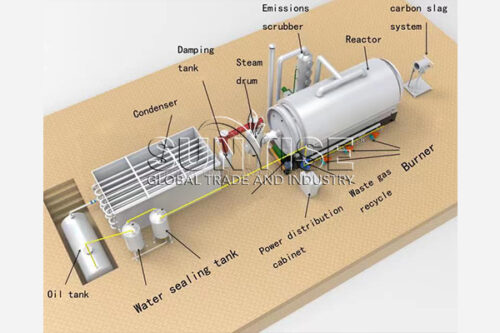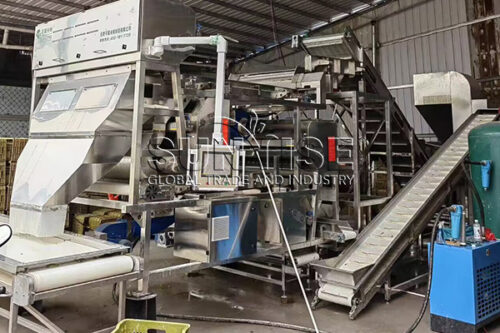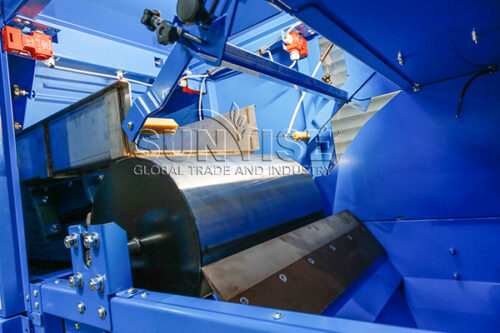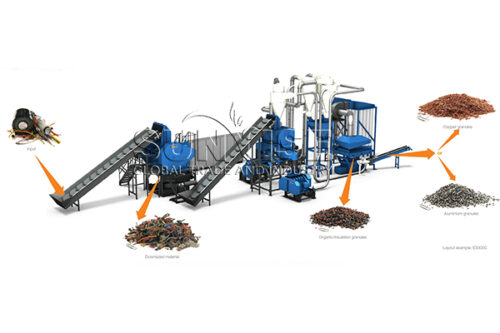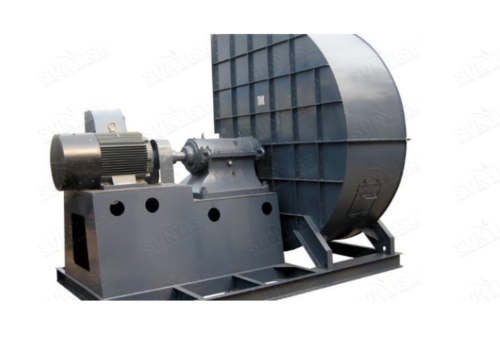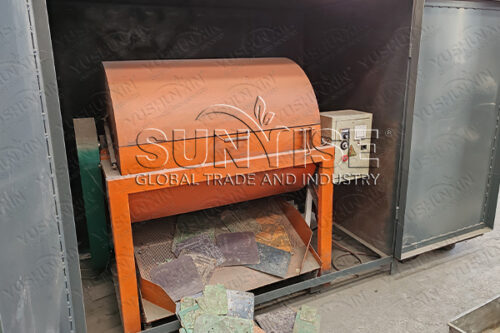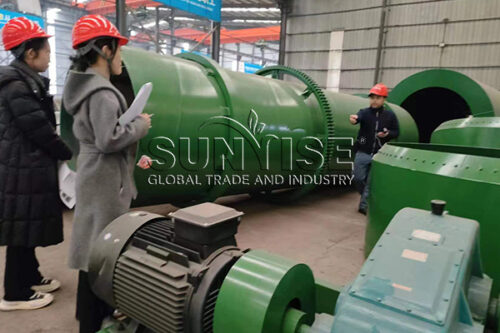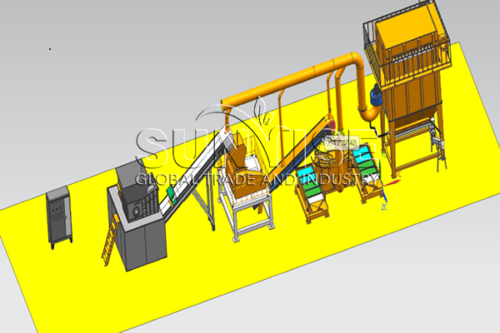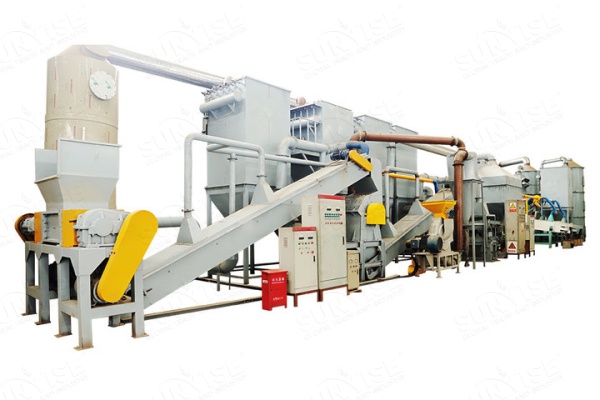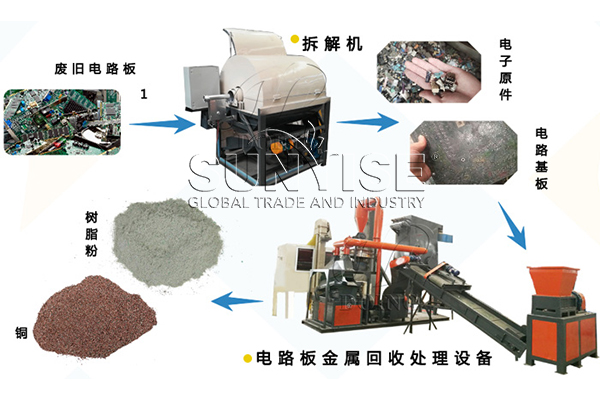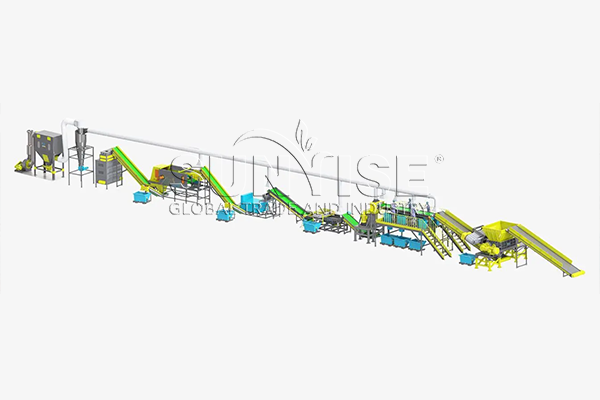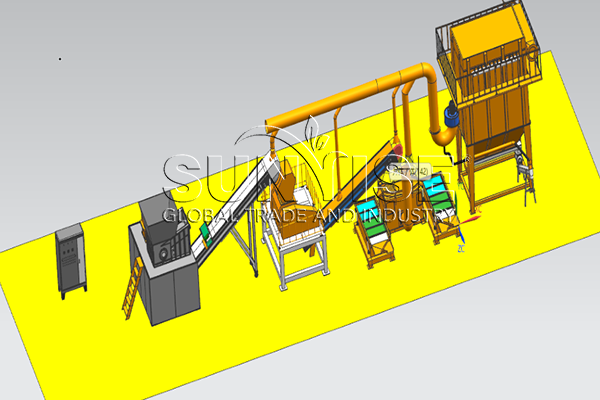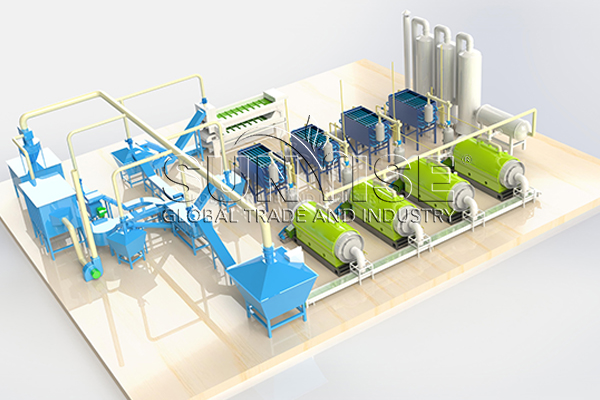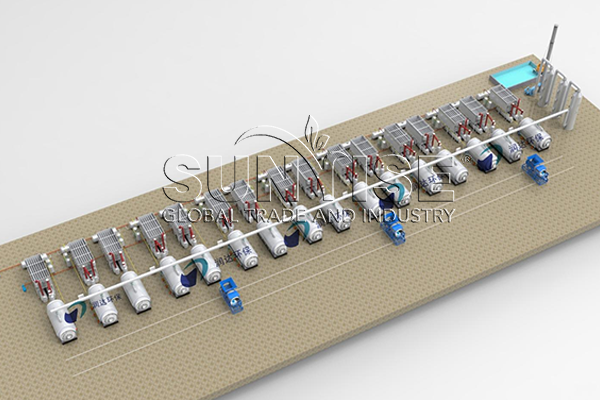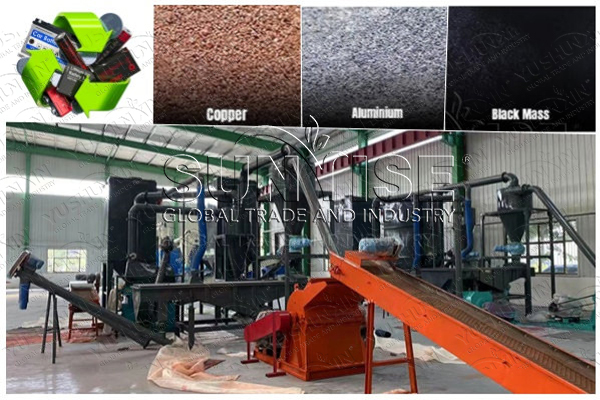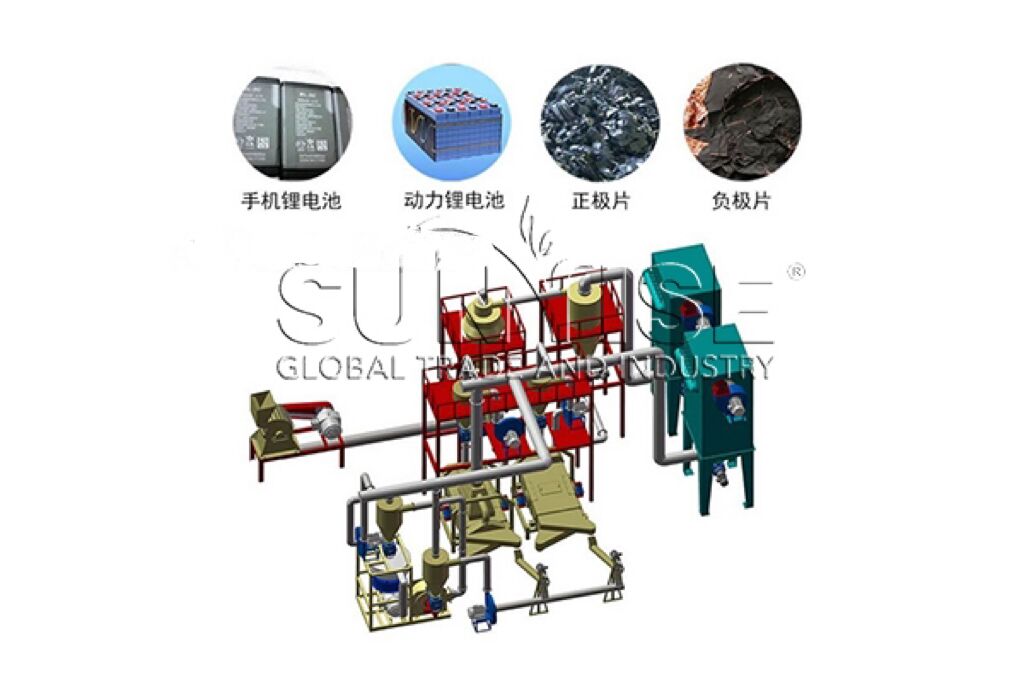The functions of recycling precious metals from e-waste include resource recovery, environmental protection, energy saving, job creation and economic benefits. E-waste contains a large amount of precious metals, and its recycling can reduce resource waste. In addition, e-waste also contains harmful substances, and its recycling can prevent environmental pollution. Recycling precious metals from e-waste consumes less energy than underground mining. As an emerging industry, e-waste recycling creates new job opportunities. Moreover, by recycling precious metals in e-waste, significant economic benefits can be created and economic development promoted.
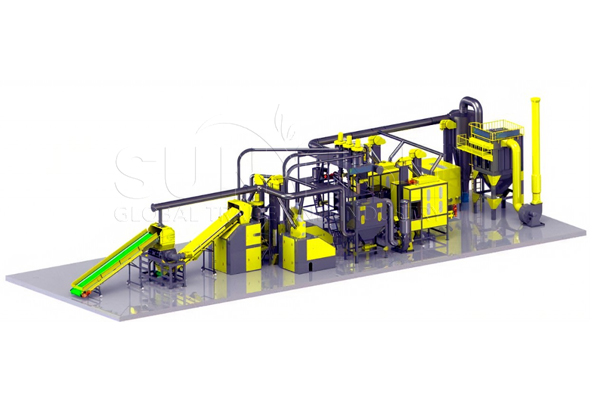
What is the typical aluminum content in electronic waste?
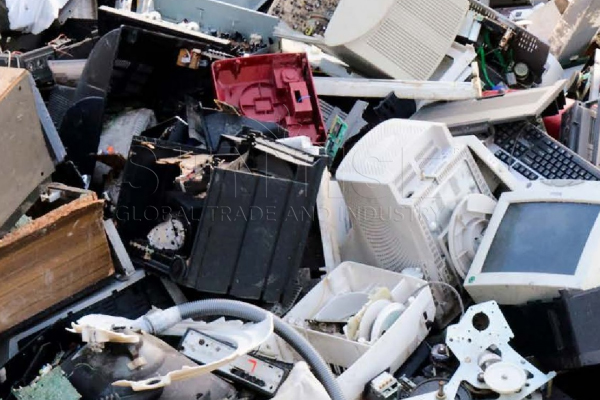
The aluminum content in electronic waste varies depending on the type of equipment and manufacturer, but generally speaking, the aluminum content of electronic equipment such as computers, mobile phones, and televisions can generally account for about 1% to 5% of the total weight of the equipment. Especially in some high-end electronic products, such as laptops and tablets, more aluminum may be used due to their demand for lightness and heat dissipation performance. However this is only a rough range, and the specific content needs to be determined through professional testing.
Which electronic waste can be recycled to get aluminum?
Aluminum can be obtained from the following electronic products. However, when handling these electronic wastes, special attention should be paid to other harmful substances that may be contained in them, such as heavy metals such as lead, cadmium, mercury, and some harmful chemicals. Improper handling may pose a threat to the environment and human health.
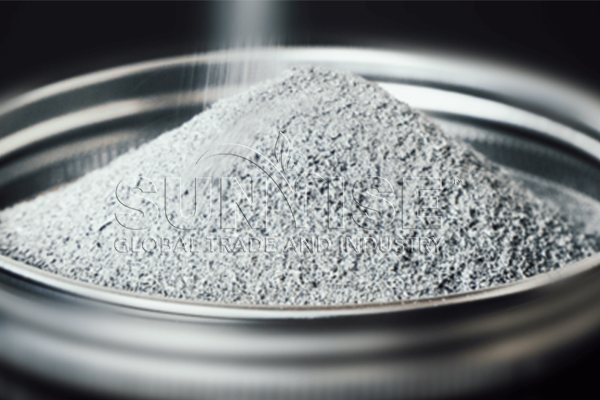
What equipment is needed to recycle aluminum from electronic waste?
Please note that electronic waste should be handled in professional facilities and environmentally friendly processes to avoid harm to the environment and human health.
What is the recycling rate of aluminum recovered from electronic waste?
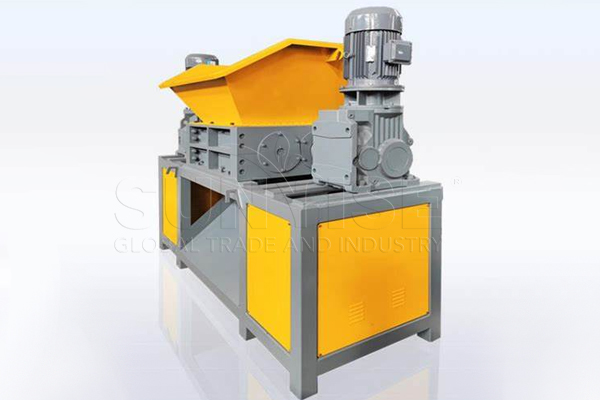
First of all, the aluminum content in different types of electronic waste is different. For example, the aluminum content in scrap electronic equipment is relatively high, while the aluminum content in small electronic products such as mobile phones is relatively low. Therefore, the recycling rate of aluminum recovered from different types of electronic waste will be different.
In addition, there are some challenges and obstacles in recycling aluminum. For example, other metals and non-metallic materials are mixed in electronic waste, so they need to be separated and screened during the recycling process. At the same time, the cost and energy consumption of recycling aluminum also need to be considered to ensure the sustainability and economy of the recycling process.
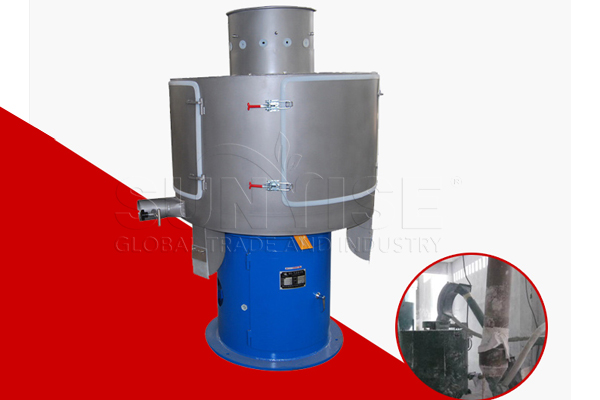
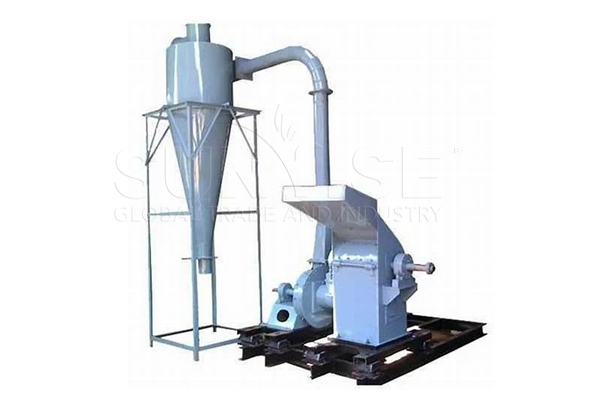
In summary, the recycling rate of aluminum recovered from electronic waste is a complex and variable issue, but through our electronic waste recycling equipment and specialized program processes, the recycling rate of recycled aluminum is as high as 85%

